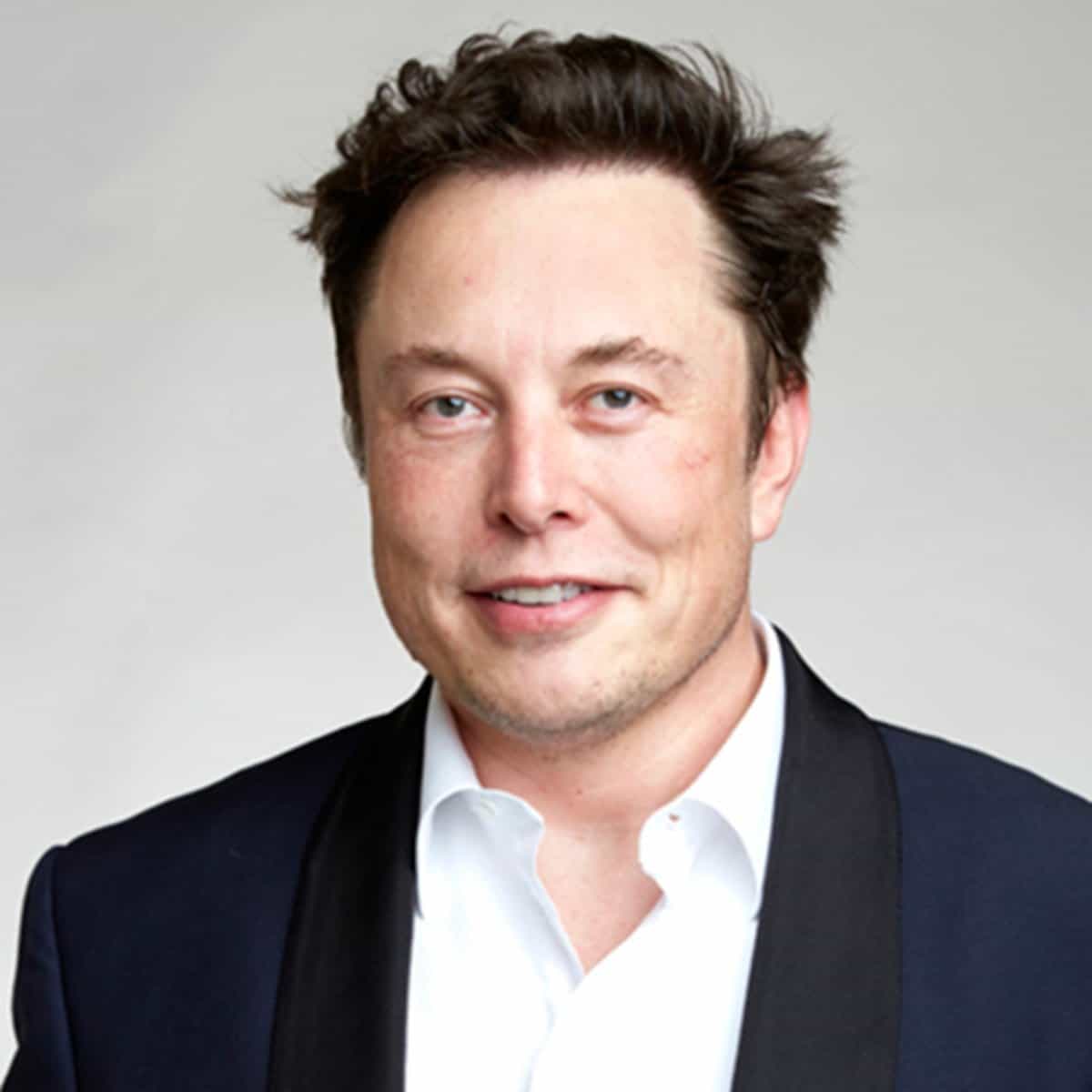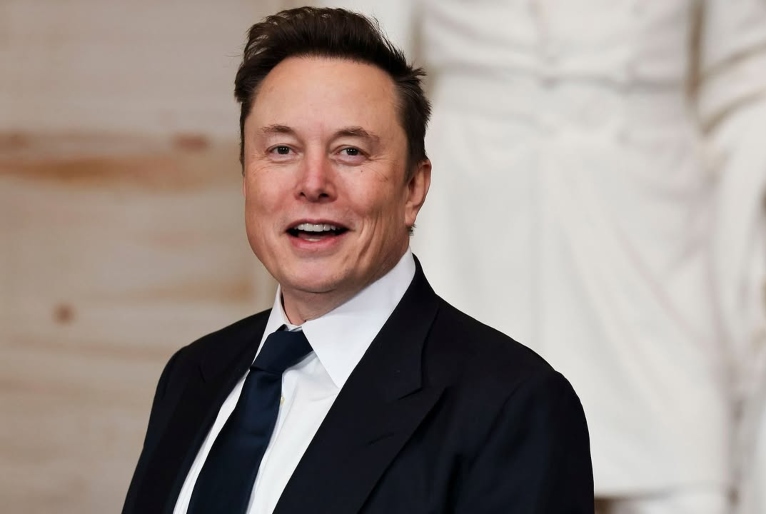Rebuttal to the Essay: “Elon Musk – Opportunistic Genius and His Power Play with President Donald Trump”
The essay titled “Elon Musk – Opportunistic Genius and His Power Play with President Donald Trump” portrays Elon Musk as an opportunist with no stable political stance, driven solely by personal power, particularly in his interactions with NASA and U.S. politics. While this critique presents some valid observations, it lacks depth and fails to position Musk’s actions within a broader context—one that reflects how American billionaires often engage in politics to protect business interests and promote long-term visions. This rebuttal will focus on analyzing Musk’s motives, comparing his actions with other American billionaires, and clarifying that his actions align more with business interests and strategic vision than with opportunism or manipulation, as suggested by the essay.

Musk’s Motives: Business Interests and Strategic Vision
The essay highlights several shifts in Musk’s political stance, from cooperating with Obama to leaving Trump’s Economic Advisory Council in 2017, supporting Ron DeSantis in 2022-2023, and aligning with Trump after the 2024 assassination attempt. The essay interprets these shifts as evidence of opportunism. However, these actions should be examined in the context of Musk’s business interests and his long-term vision for technology and society.
Protecting Business Interests
As the CEO of Tesla, SpaceX, xAI, and X, Musk runs companies that heavily rely on public policy. For example, Tesla benefited from green energy subsidies under the Obama and Biden administrations, while SpaceX has secured large contracts from NASA (such as the $4 billion Artemis contract or $843 million to keep the ISS in orbit). Musk’s departure from the Economic Advisory Council in 2017 can be understood as a reaction to Trump’s decision to withdraw from the Paris Climate Agreement, which threatened Tesla’s sustainable energy mission. Similarly, Musk’s support for DeSantis, a pro-business and anti-censorship advocate, aligns with Musk’s goal to protect X as a free speech platform. Reuters and The New York Times have reported that Musk publicly supported DeSantis on X in 2022, but this may not necessarily be a “calculation to block Trump” but rather a sign of agreement with DeSantis’ policies.

Long-Term Vision
Musk has a strategic vision for the future, which includes advancing renewable energy (Tesla), space exploration (SpaceX), and artificial intelligence (xAI). His political shifts often correspond with ensuring that policies support this vision. For example, Musk’s involvement in the DOGE initiative (federal administrative reform) reflects his desire for a more efficient government, as he has stated on X by calling for cuts in public spending. Similarly, the accusation that Musk requested a trusted ally to be appointed as NASA Administrator (possibly Jared Isaacman, according to Reuters) is not necessarily manipulation but could be an effort to ensure that NASA has leadership supporting ambitious space missions, such as sending humans to Mars—a core goal of SpaceX.
The “American Party” as Part of His Vision
The essay argues that Musk created the “American Party” to split the Republican vote, but there is no evidence verifying the existence of this party as of July 2025. However, if Musk is indeed considering forming a new party, as suggested in some of his X posts, it could reflect his desire to shape a political movement that aligns with his values, such as free speech, technological innovation, and reducing bureaucracy. This is not an unusual action for an American billionaire; it’s part of a trend of using influence to shape public policy.
Comparing Musk with Other American Billionaires
Musk’s actions are not an anomaly but align with how other American billionaires engage in politics to protect business interests and advance personal visions. Here are a few examples:
Jeff Bezos (Amazon, Blue Origin)
Bezos has heavily invested in lobbying to ensure policies benefit Amazon, such as low corporate taxes and flexible e-commerce regulations. Blue Origin, Bezos’ space company, also competes directly with SpaceX for NASA contracts. According to SpaceNews, Blue Origin lobbied for the lunar lander contract, just as SpaceX sought major contracts. Bezos’ donations to both Democratic and Republican candidates show that he changes alliances based on business interests, similar to Musk.
Michael Bloomberg
As the former mayor of New York and founder of Bloomberg LP, Bloomberg has spent hundreds of millions of dollars supporting political candidates and initiatives, particularly related to gun control and climate change. He switched from the Republican to the Democratic Party to run for president in 2020, demonstrating flexibility in political stance to advance his personal vision, much like Musk’s political shifts.

Mark Zuckerberg (Meta)
Zuckerberg has funded political initiatives and lobbying efforts to protect Meta from antitrust regulations. According to the Los Angeles Times, Meta has spent millions of dollars influencing public policy, just as Musk uses X and his donations (such as $10 million for DeSantis) to shape politics in ways favorable to his companies.
These examples demonstrate that billionaire involvement in politics, changing alliances, and using influence to promote business interests is a common reality in U.S. politics. Musk is not an “opportunist” but rather part of this trend, where entrepreneurs use their resources to shape policy in line with their business goals and long-term vision.
NASA and Musk’s Role: Interests and Vision
The essay accuses Musk of trying to control NASA by appointing its administrator, but this needs to be understood in the context of the close relationship between SpaceX and NASA.
SpaceX’s Business Interests
SpaceX is one of NASA’s largest contractors, with multi-billion-dollar contracts for astronaut transport to the ISS, developing the Starship for the Artemis program, and launching the ISS out of orbit. According to The Washington Post, SpaceX has saved NASA billions of dollars compared to relying on Russia’s Soyuz program ($90 million per astronaut seat). Musk’s interest in NASA leadership is logical, as the head of NASA can influence contracts and priorities. If Musk supports Jared Isaacman (a private astronaut and Musk ally), it may be because he wants NASA to continue prioritizing private companies like SpaceX, which have proven more efficient than competitors like Boeing.
Musk’s Space Vision
Musk’s long-term goal is to make humanity a multi-planetary species, with a focus on sending humans to Mars. NASA, with its Artemis program and deep space missions, is a strategic partner in achieving this vision. According to SpaceNews, SpaceX’s Starship is central to NASA’s plan to return astronauts to the Moon, and Musk has invested billions into this project. His efforts to influence NASA decisions are not necessarily manipulation but may reflect his desire to ensure policies support his ambitious space missions.

Conflicts of Interest are Commonplace
The essay highlights conflicts of interest related to SpaceX, but this is not unique to Musk. Billionaires like Bezos (Blue Origin) and Larry Ellison (Oracle, with cloud contracts for the government) also face similar concerns when engaging in public contracts. According to Earth Island Journal, Musk’s role in DOGE has raised concerns about conflicts of interest, but this is a systemic issue in American politics, not proof of Musk’s individual “opportunism.”
Rebutting the Essay’s Main Points
-
Musk’s Consistency: The essay claims Musk lacks political ideology, but his actions show consistency in advocating for free speech (through X), renewable energy (Tesla), and space exploration (SpaceX). His political alliances reflect adaptation to the rapidly changing U.S. political landscape, not a lack of principles.
-
The “American Party” is Speculative: The claim that Musk created the “American Party” to split the Republican vote is unfounded. X posts only mention considering a new political movement, potentially to promote values like reducing bureaucracy and technological innovation. This strategy is common among billionaires shaping public agendas.
-
Musk’s Actions Are Not a Threat: The essay calls Musk a “threat to national politics,” but his actions—such as political donations and lobbying—are legal and similar to what other billionaires, like Bezos and Zuckerberg, have done. Rather than threatening, Musk contributes to U.S. politics by fostering discussions on technology, space, and free speech.
Conclusion
Elon Musk’s political actions, from changing political alliances to seeking influence over NASA, reflect his business interests and long-term vision for energy, space, and free speech. These actions are not different from how other American billionaires, like Jeff Bezos or Michael Bloomberg, use their resources to shape public policy. The essay exaggerates Musk’s motives by labeling him as “opportunistic” and “manipulative,” without considering that his political shifts are adaptations to the American political system and align with the strategic goals of companies like Tesla and SpaceX. A fairer analysis should recognize Musk’s contributions, such as reducing NASA’s space costs and promoting renewable energy, while placing his actions within the broader context of American billionaires.